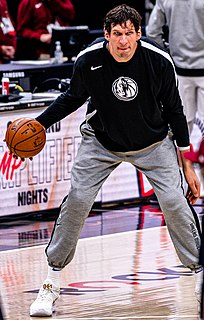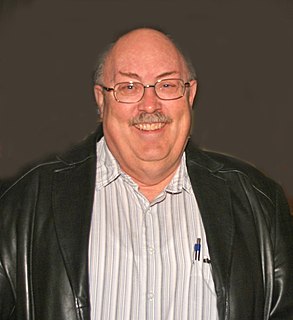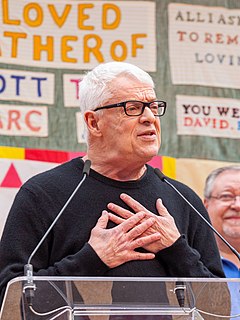A Quote by Willie Nelson
Horses were a way to travel to get to where we are today, and it is our job to protect them.
Related Quotes
Our job in this lifetime is not to shape ourselves into some ideal we imagine we ought to be, but to find out who we already are and become it.
If we were born to paint, it’s our job to become a painter.
If we were born to raise and nurture children, it’s our job to become a mother.
If we were born to overthrow the order of ignorance and injustice of the world, it’s our job to realize it and get down to business.
You can't have 23 million people struggling to get a job. You can't have an economy that over the last three years keeps slowing down its growth rate. You can't have kids coming out of college, half of them can't find a job today, or a job that's commensurate with their college degree. We have to get our economy going.
Suppose a white man should come to me and say, "Joseph, I like your horses. I want to buy them." I say to him, "No, my horses suit me; I will not sell them." Then he goes to my neighbor and says to him, "Joseph has some good horses. I want to buy them, but he refuses to sell." My neighbor answers, "Pay me the money and I will sell you Joseph's horses." The white man returns to me and says, "Joseph, I have bought your horses and you must let me have them." If we sold our lands to the government, this is the way they bought them.
Horses in the Book of Mormon would be another. You have relatively few mentions of horses, but there are some, and we don't know exactly how they were used; they don't seem to be all that common. Were they horses as we understood them, [or] does the term describe some other animal? Languages don't always and cultures don't always classify things the way we would expect. We have what we call common-sense ways of doing it. They're not common sense; they're just ours. But again, we don't have a strong case there. We're just problem solving there.
I go back to the parallels with 1963, 1964 when white America really became aware of the brutality of segregation, the cruelty of the apartheid system which existed in the south. Then white people began to get on the freedom buses and travel to the south and be part of the voter registration drives and they... some of them were beaten and some of them were murdered but they stood with the African-American community and the civil rights movement. It's time for straight people to do that today and it is time for gay people to insist that they do that today.




































